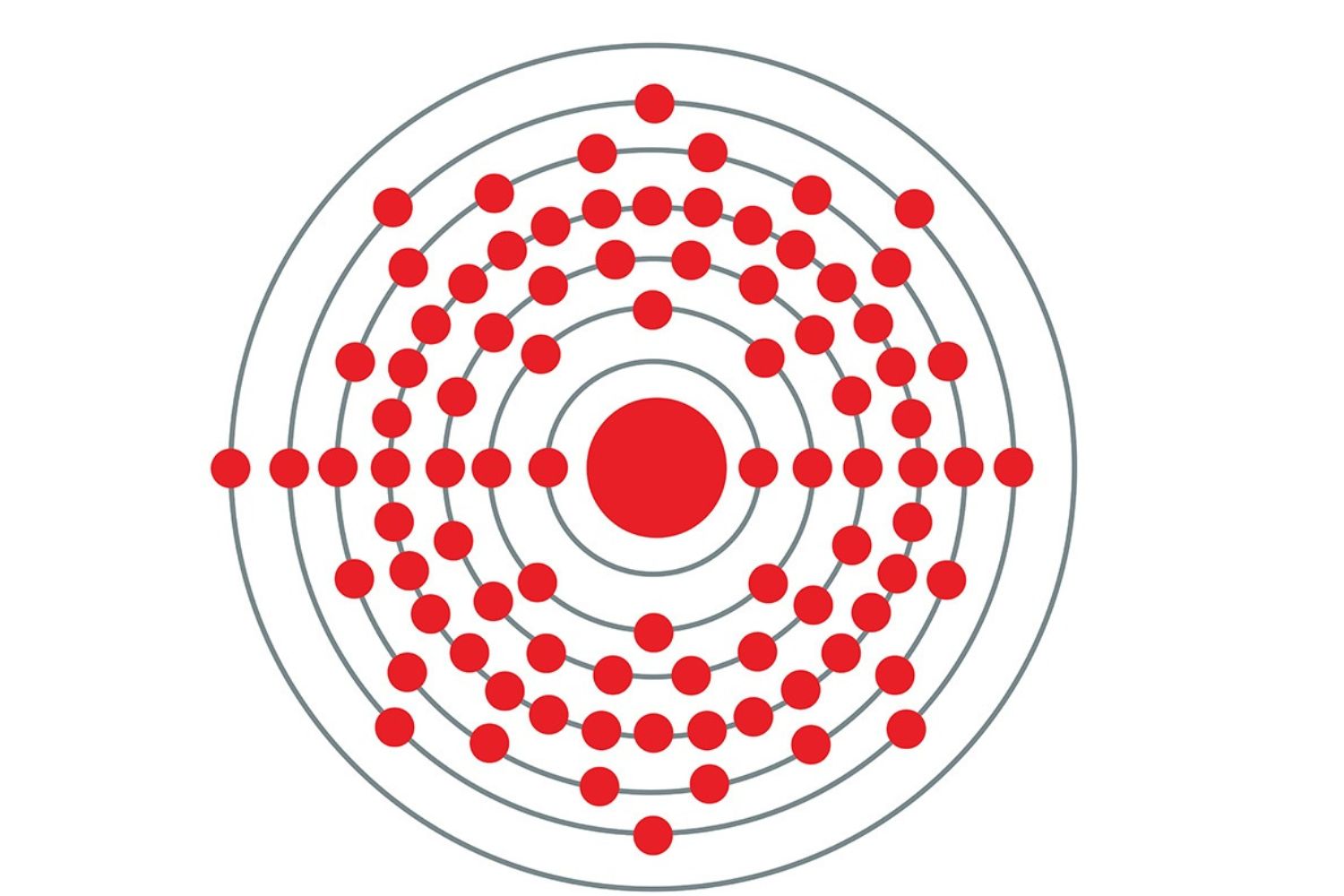
Francium carbonate might sound like a term straight out of a chemistry textbook, but it's more intriguing than you might think. This compound, involving one of the rarest elements on Earth, holds some fascinating secrets. Francium, discovered in 1939, is highly radioactive and incredibly unstable. When combined with carbonate, it forms a compound that scientists find both challenging and exciting to study. Why? Because francium's fleeting existence makes it difficult to observe and analyze. Imagine trying to catch a snowflake on a hot summer day—that’s what working with francium feels like. Ready to dive into some cool facts about this elusive substance? Let's get started!
Key Takeaways:
- Francium carbonate is a super rare and unstable compound due to the extreme rarity and radioactivity of francium. It's hard to study and handle safely, but it could help in scientific research and nuclear physics experiments.
- Francium, the element in francium carbonate, is incredibly rare and unstable, with fascinating properties. It's named after France and has no significant commercial uses.
What is Francium Carbonate?
Francium carbonate is a compound that combines francium, a highly radioactive alkali metal, with carbonate ions. This compound is not well-known due to its extreme rarity and instability. Here are some fascinating facts about francium carbonate.
-
Francium is the second rarest naturally occurring element on Earth, making francium carbonate extremely scarce.
-
Francium was discovered by Marguerite Perey in 1939 at the Curie Institute in Paris.
-
Francium is highly radioactive, with a half-life of only 22 minutes, which makes francium carbonate very unstable.
-
The atomic number of francium is 87, placing it in the alkali metal group of the periodic table.
-
Francium carbonate has not been extensively studied due to the difficulty in obtaining francium.
Properties of Francium Carbonate
Understanding the properties of francium carbonate helps in grasping its unique characteristics. Here are some key properties.
-
Francium carbonate is expected to be highly reactive, similar to other alkali metal carbonates.
-
The compound would likely decompose quickly due to the short half-life of francium.
-
Francium carbonate would be highly soluble in water, like other alkali metal carbonates.
-
Due to its radioactivity, francium carbonate would emit alpha particles.
-
The compound would be extremely difficult to handle safely because of its intense radioactivity.
Uses and Applications
Given its rarity and instability, francium carbonate has limited practical uses. However, its theoretical applications are intriguing.
-
Francium carbonate could potentially be used in scientific research to study the properties of francium.
-
The compound might help in understanding the behavior of heavy alkali metals.
-
Francium carbonate could be used in nuclear physics experiments.
-
It might provide insights into the synthesis of other radioactive compounds.
-
Francium carbonate could help in studying the effects of radioactivity on chemical compounds.
Challenges in Studying Francium Carbonate
Researching francium carbonate presents numerous challenges due to its unique properties.
-
The extreme rarity of francium makes it difficult to obtain enough material for study.
-
The short half-life of francium means that any francium carbonate synthesized would decay rapidly.
-
Handling francium carbonate requires specialized equipment to protect researchers from radiation.
-
The high reactivity of francium poses additional challenges in synthesizing and studying the compound.
-
The cost of producing francium is prohibitively high, limiting the feasibility of extensive research.
Interesting Facts about Francium
Beyond francium carbonate, francium itself is a fascinating element with many unique characteristics.
-
Francium is the least stable of the first 101 elements on the periodic table.
-
Only about 20-30 grams of francium exist on Earth at any given time.
-
Francium is produced naturally through the decay of actinium.
-
The element was named after France, the country where it was discovered.
-
Francium is so rare that it has no significant commercial applications.
The Fascinating World of Francium Carbonate
Francium carbonate, a rare and intriguing compound, holds a unique place in the periodic table. Its extreme rarity and high reactivity make it a subject of fascination for scientists and chemistry enthusiasts alike. This compound, with its fleeting existence, showcases the delicate balance of nature's elements.
Understanding francium carbonate helps us appreciate the complexities of chemical interactions and the marvels of the natural world. While it may not have practical applications due to its instability, its study provides valuable insights into the behavior of alkali metals and their compounds.
In essence, francium carbonate reminds us of the vast, largely unexplored territories within the field of chemistry. Each fact about this compound adds a piece to the puzzle, enriching our knowledge and sparking curiosity. Keep exploring, and who knows what other wonders await discovery in the world of elements!
Frequently Asked Questions
Was this page helpful?
Our commitment to delivering trustworthy and engaging content is at the heart of what we do. Each fact on our site is contributed by real users like you, bringing a wealth of diverse insights and information. To ensure the highest standards of accuracy and reliability, our dedicated editors meticulously review each submission. This process guarantees that the facts we share are not only fascinating but also credible. Trust in our commitment to quality and authenticity as you explore and learn with us.
